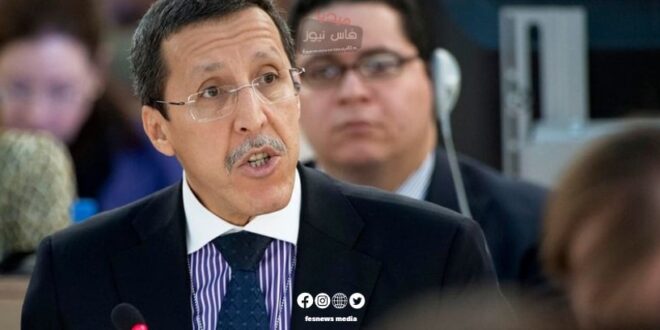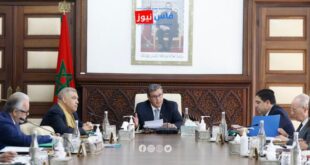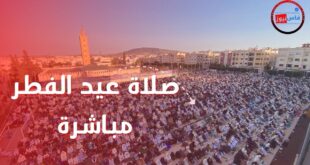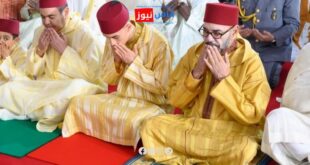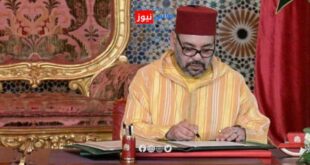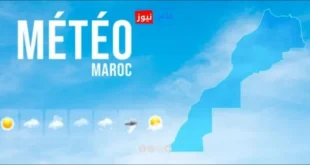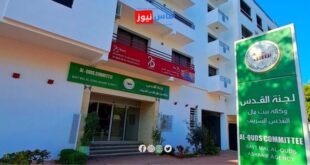In a new diplomatic development, Ambassador Omar Hilale, Morocco’s Permanent Representative to the United Nations, has sent a strong message to the members of the Security Council in response to the Algerian delegate’s statements regarding the Moroccan Sahara issue.
In his letter, Hilale sharply criticized the position of the Secretary-General of the Algerian Ministry of Foreign Affairs, accusing him of double standards in dealing with the principle of self-determination. The Moroccan ambassador pointed out that Algeria demands the right of self-determination for the inhabitants of the Moroccan Saharan territories while denying this same right to the Kabyle people within Algeria.
Hilale highlighted the humanitarian situation in the Kabylie region, noting that more than 7 million people live in difficult conditions of marginalization and poverty. He added that the inhabitants of this region are subjected to daily violations of their fundamental rights, including freedom of expression, assembly, and association, as well as the preservation of their culture and identity.
The Moroccan ambassador concluded his letter by calling for UN intervention to guarantee the right of the Kabyle people to self-determination, using the same logic that Algeria adopts in its demands for the right of self-determination for other peoples around the world.
This diplomatic escalation comes in the context of ongoing tension between Morocco and Algeria over the Sahara issue and indicates Morocco’s readiness to use the Kabylie card as a response to Algeria’s positions. This letter is expected to provoke diplomatic and political reactions in the region and on the international stage.
The message underscores the complex nature of regional politics in North Africa, with both countries using various issues to challenge each other’s positions. It also highlights the broader implications of the Moroccan Sahara dispute on regional relations and international diplomacy.
As this situation unfolds, it will likely draw increased attention from the international community, potentially impacting ongoing efforts to resolve the longstanding Western Sahara conflict and influencing broader regional dynamics.
 فاس نيوز ميديا جريدة الكترونية جهوية تعنى بشؤون و أخبار جهة فاس مكناس – متجددة على مدار الساعة
فاس نيوز ميديا جريدة الكترونية جهوية تعنى بشؤون و أخبار جهة فاس مكناس – متجددة على مدار الساعة

